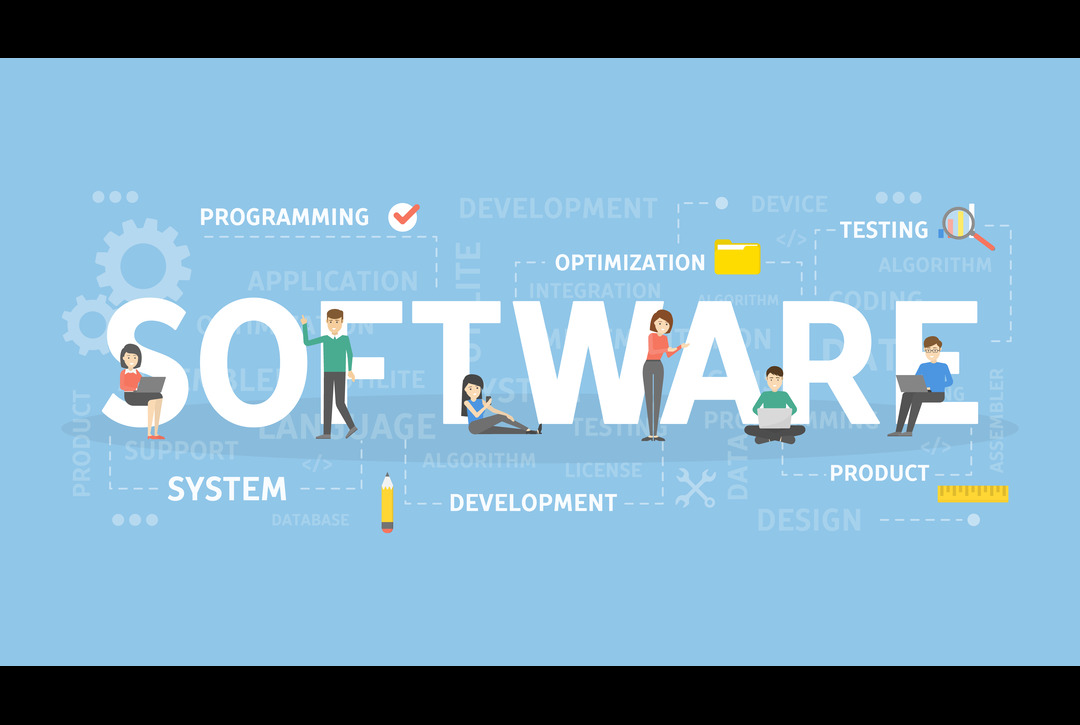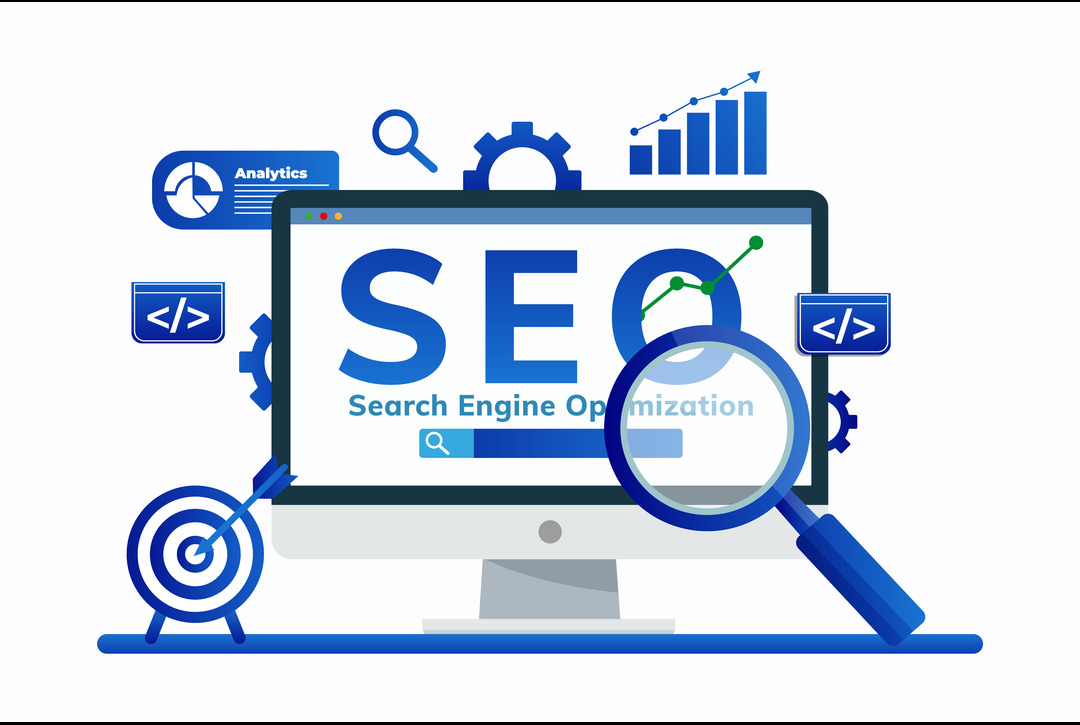Starting a business presents a thrilling adventure with many possibilities and great challenges. Digital marketing is among the most important things entrepreneurs have to pay close attention to if they are to thrive. Startups must have the correct digital marketing solutions if they are to create brand awareness, draw in clients, and propel expansion, given their large internet audience and intense competition.
This article explores key digital marketing techniques and tools every startup should make use of to survive. From social media and content marketing to SEO and paid advertising, we will offer pragmatic advice to enable you to create a coherent and successful plan.
Why Digital Marketing Solutions Matter for Startups
For startups, digital marketing level the field. Unlike conventional marketing channels, it lets startups access very targeted groups on a limited budget. Digital marketing offers scalable solutions to properly expand your brand, whether your business is developing an app or selling goods or services.
These are the best digital marketing ideas any startup ought to give thought to.
Get Result-Driven Digital Marketing Solutions
1. Social Media Marketing
Social media channels are now strong tools for companies to interact with consumers, advertise goods, and create devoted communities. With billions of active users, social media can enable startups to interact with possible consumers and get recognition.
Actionable Tips:
- Select Appropriate Platforms: Pay attention to those where your target market is most present. B2C brands might find an audience on Instagram or TikTok, while B2B startups could find LinkedIn their preferred platform.
- Create Engaging Content: Share videos, infographics, user-generated content, and stories, among other content kinds. Choose striking images and interactively friendly subtitles.
- Leverage Paid Campaigns: most social media sites provide advertising choices. Starting with a modest budget, use retargeting and audience targeting to find the proper people.
Example: Consider a startup in fitness wear. Through Instagram, the brand can not only interact with fitness buffs but also establish itself as a go-to source in the fitness industry by posting workout inspirations, customer successes, and fitness advice.
2. Content Marketing
Digital marketing solutions highly rely on excellent content. It enables startups to establish authority, give consumers value, and raise natural search engine visibility. Whether it’s podcasts, videos, or blogs, the material should inform, entertain, or solve problems.
Actionable Tips:
- Start a Blog: Share your startup story, address often-asked questions or document industry trends. Natural traffic comes from blogs, which also assist in turning guests into leads.
- Repurpose Content: Transform a blog post into an infographic, video, or several social media posts. It optimises the availability of your material.
- Focus on Value: Do not only sell but also offer ideas or address problems. An environmentally friendly skincare company might, for instance, publish ideas for sustainable living or direction on selecting natural products.
Example: HubSpot, now a worldwide CRM company, first became well-known by providing free instructional materials, including “how-to” blogs and downloadable templates, so demonstrating that content marketing has value regardless of industry size.
3. Email Marketing
Still, one of the best strategies for developing leads and keeping clients is email marketing. Startups find it a favourite because of its cost and direct access to the inbox of your audience.
Actionable Tips:
- Build Your Email List Early: Exchange email sign-ups for eBooks or discounts as a thank you. See that you follow GDPR and other email marketing rules.
- Segment Your Audience: Divide your readership. Sort your email lists according to variables, including user behaviour, interests, or purchase patterns. It guarantees that every group finds pertinent materials.
- Use Automation: Tools like Mailchimp or ActiveCampaign let you design automated email sequences, including welcome letters, abandoned cart emails, or follow-up after purchases.
Example: An online bookshop may send readers tailored recommendations based on past purchases of particular genres. It raises your likelihood of returning business.
4. Search Engine Optimisation (SEO)
SEO guarantees that should people search for goods or services like yours, your website shows in search engine results. For startups, good SEO means generating natural traffic free from paying for every click.
Actionable Tips:
- Optimise for keywords: List keywords that prospective clients might be looking for and naturally incorporate them into your blog entries, meta tags, and page design.
- Emphasise Local SEO: If your company targets a particular area, make sure Google My Business lists you using location-specific keywords.
- Improve Site Speed: A slow website can compromise your user experience as well as your rankings. Track and enhance loading times using Google PageSpeed Insights.
- Create Quality Backlinks: For chances to guest post or work with influencers, contact industry blogs, news sources, and companies. Good domain authority comes from backlinks from reliable sites.
Example: To attract clients looking for local agencies, a business might target keywords like “digital marketing solutions in London.”
5. Paid Advertising (Pay-Per-Click or PPC)
Startups may reach their target market far more quickly with paid advertising than with natural means. Your goods or services will be right in front of possible consumers by means of Google Ads, Facebook Ads, and LinkedIn Ads.
Actionable Tips:
- Set Clear Goals: Specify your goals—that is, those of website traffic, lead generation, or app downloads. It will direct your approach to campaign planning.
- Conduct A/B Testing: Run several ad iterations to find which design, copy, and CTA (Call-To-Action) best fit.
- Use Retargeting: Retarget people who’ve interacted with your website or app but haven’t converted yet. It keeps their memories of your brand current.
Example: Consider a SaaS company providing a project management tool. By running Google Ads targeting keywords like “best project management tools,” they can immediately capture leads from high-intent searches.
6. Analytics and Performance Tracking
No digital marketing strategy is complete without tracking its performance. Startups can better know what’s working, what isn’t, and where changes are required by analytics tools.
Actionable Tips:
- Utilise Free Tools Like Google Analytics: Track user behaviour, web traffic, and conversion rates. Create benchmarks for particular activities, such as sign-ups or purchases, to gauge particular behaviour.
- Set KPIs: List important campaign performance benchmarks. For email campaigns or Cost-Per-Click (CPC) sponsored ads, for instance, track Click-Through Rates (CTR).
- Regularly Review Reports: Spend some time evaluating information and refining your plan. Remove strategies that fail to deliver results and invest more in the ones that perform well.
Example: A fashion e-commerce company might find via analytics that most purchases occur on mobile devices. With this insight, they can prioritise mobile-friendly design and marketing efforts.
Building a Cohesive Digital Marketing Strategy
Although these particular digital marketing solutions and tools can produce excellent outcomes, their actual power comes from integration. A siloed approach leads to inefficiencies, missed opportunities, and inconsistent branding. Startups should thus develop a coherent plan instead. Here’s how:
Stay Consistent Across Channels: From social media to email marketing, your messaging, images, and tone should match all efforts.
Leverage Cross-Promotions: Highlight blog entries on social media. Use email campaigns to amplify a paid ad’s reach.
Emphasise the Customer Journey: Your approach should lead consumers across the sales funnel—from awareness to consideration to purchase.
Use Tools to Streamline Efforts: Platforms like HubSpot, Hootsuite, and Trello can keep campaigns orderly and on target by means of tools for streamlining efforts.
Example: Consider a startup in sustainable apparel. To build credibility and inspire purchases, they could run Instagram ads for a new collection, retarget visitors who clicked the ad with a discount email, and create a blog post on their environmental initiatives.
Final Words
For startups, marketing is no longer a luxury; it is a need. By leveraging digital marketing solutions like social media marketing, content marketing, email campaigns, SEO, paid advertising, and analytics, startups can effectively compete and thrive in their markets.
Success depends on knowing your audience, defining precise goals, and developing a coherent, fact-based plan. Start small, track outcomes, and as you expand, hone your strategy. With the right digital marketing solutions in place, the possibilities for your startup are endless.Are you interested in Paid Advertising or Brand Management? Well, we can also assist you in all digital marketing domains.










